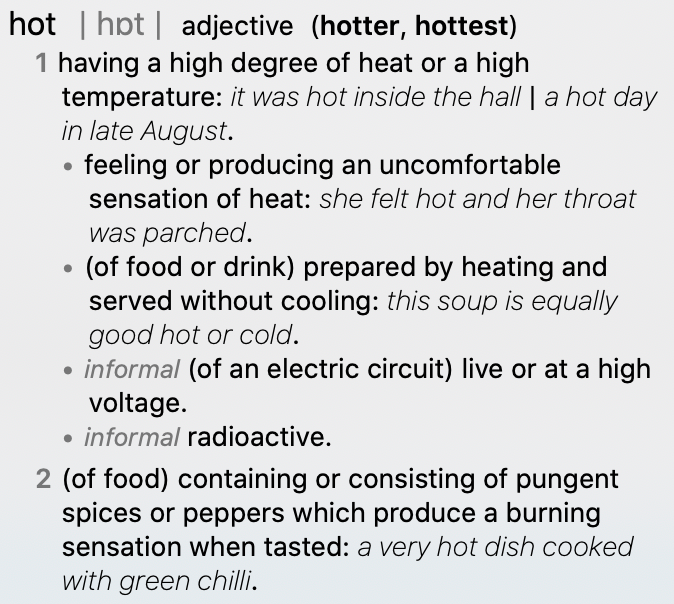Warning: this thread may contain mnemonics which may be impossible to unseen.
I didn’t see similar topic so here we are:
do you have any funny experience with Japanese language itself? Something that you find hilarious because of your life experience or anything like that?
I will start with myself:
There is a Kanji that never fails to make me smile when I see it. I am not even sure if it was be design or I am just weird:
渋
So what we have here? It is something related to water. It makes you stop. And there is something looking like cartoonish representation of irritation or even certain body part we don’t like to show in public…
One of the meaning of that Kanji is: to have diarrhoea 
It makes me laugh because I know I would joke it means that without knowing the meaning, and I would be accidentally right.


 The more the better.
The more the better. 




 )
)